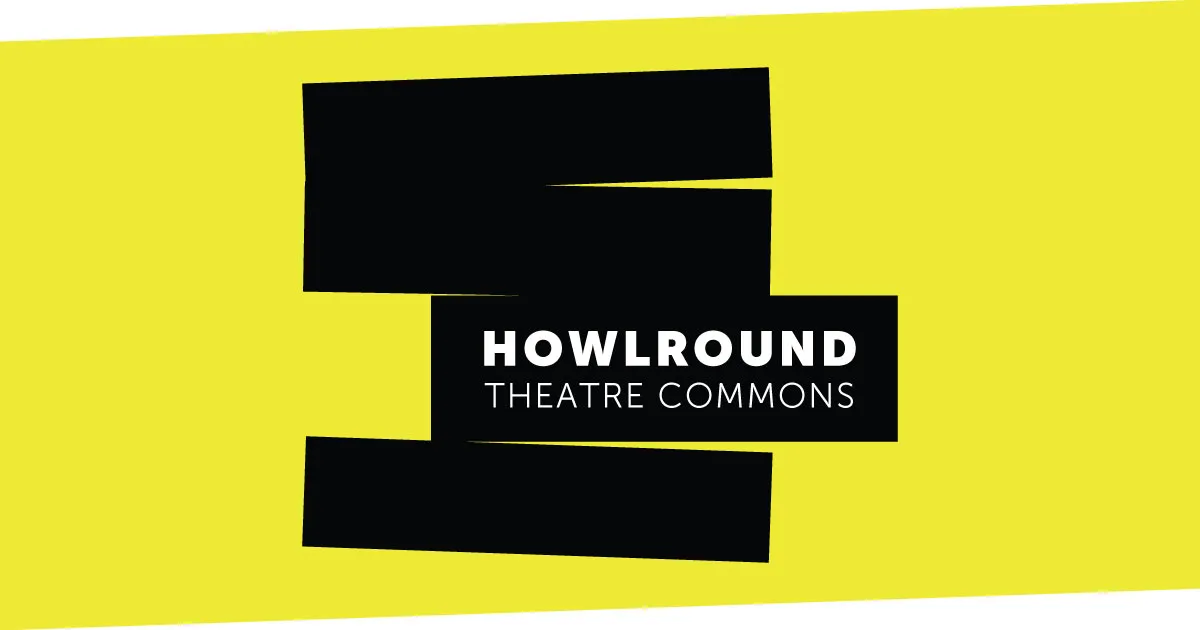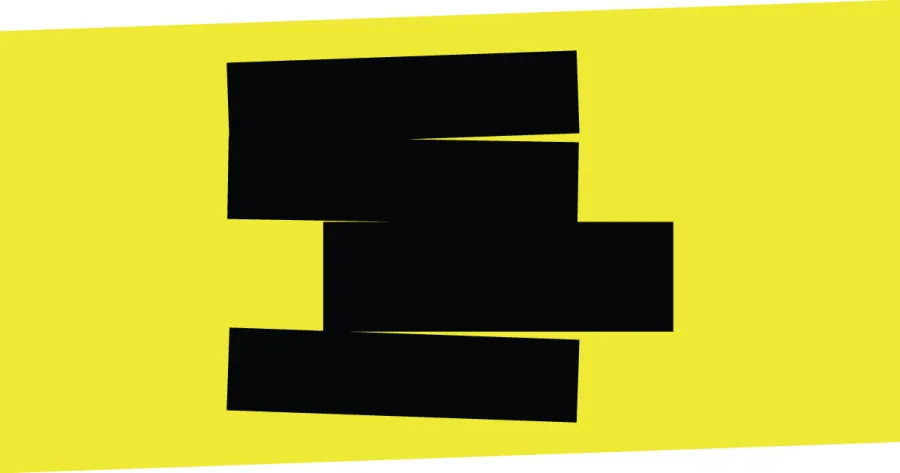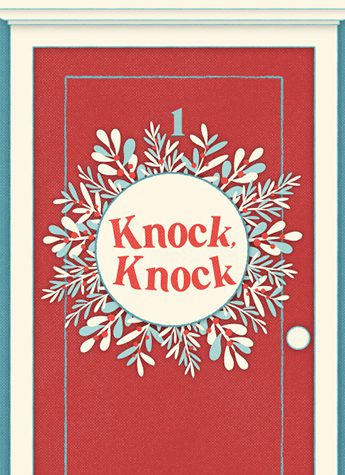- Shows &
Tickets - Classes &
Camps-
-
-
-
Interested in after-school activities for your kids? Explore After School Programs
-
-
-
- Schools &
Educators-
-
- Schools & Educators
Partner with the Alliance Theatre Institute for professional learning for educators and arts-integrated or theater-based instruction for students.
-
Unique Programs
We offer unique programs that use the power of the arts to inspire students, develop skills, and create positive change in schools and communities.
- Poetry Out Loud: Georgia
- JumpStart Theatre
-
-
-
-
Tickets for Teachers is a free ticket program for educators for Alliance Theatre productions. View full details about the program.
-
-
-
- Artists &
Community-
-
- Artists & Community
Learn more about our playwriting programs, partnerships with community organizations, and resources for artists.
-
An exploration of theater and the people who make it happen.
-
Check here for all major announcements from the theater.
-
-
- Impact &
Support-
-
- Impact & Support
Your support brings stories to life, funds community programs, and ensures more people have access to powerful theater experiences.
-
Name a Seat in the Goizueta Stage
Put your unique handprint on better tomorrows for Atlanta's young audiences.
-
-


 Organizing History in the Alliance Theatre’s Working: A Musical
Organizing History in the Alliance Theatre’s Working: A Musical
In May 2021, the Alliance Theatre produced a concert version of Working: A Musical in an outdoor tent in Atlanta, Georgia. The production adapted the original musical by Stephen Swartz and Nina Faso to include new material created from interviews with sixty-two workers and community organizers in Atlanta. In the midst of a pandemic and reckoning for racial justice, and in the aftermath of a presidential election, the Alliance’s creative and engagement team set out to make a community-engaged production whose process both modeled grassroots organizing and told the story of the work of organizers in the city.
Working: A Musical premiered on Broadway in 1978 and is based on a best-selling book of oral histories about the American working class written by Studs Terkel. The original book and musical register the left-leaning ethos of the 1970s by foregrounding the stories of ordinary people told in their own words. Historians refer to this as a “bottom-up” approach to history, when the sources are not at the top of social or political power structures that tend to dominate historical production.
The musical is a compilation of monologues and songs for characters defined by profession or line of work, e.g. “Millworker,” “Teacher,” “Truck Driver.” By design, the structure is porous and fragmented and holds content together thematically rather than through linear plot progression. This form allows the musical to seamlessly absorb additions and changes to the original work. Over the past four decades, the monologues and songs have shifted as certain professions became obsolete and new types of work, and workers, became part of our reality (most notably, the 2012 version of Working included two new songs written by Lin-Manuel Miranda that provided a much needed multicultural, multilingual update).
Few plays are as ripe for historiography—the process of writing/making history—as Working. Its fragmented structure based on oral histories have made it an unusually iterative musical. Any director or theatre company that picks it up tends to do so because it promises an opportunity to interject new meaning into the conversation about what it means to work, and what matters now.













 Organizing History in the Alliance Theatre’s Working: A Musical
Organizing History in the Alliance Theatre’s Working: A Musical